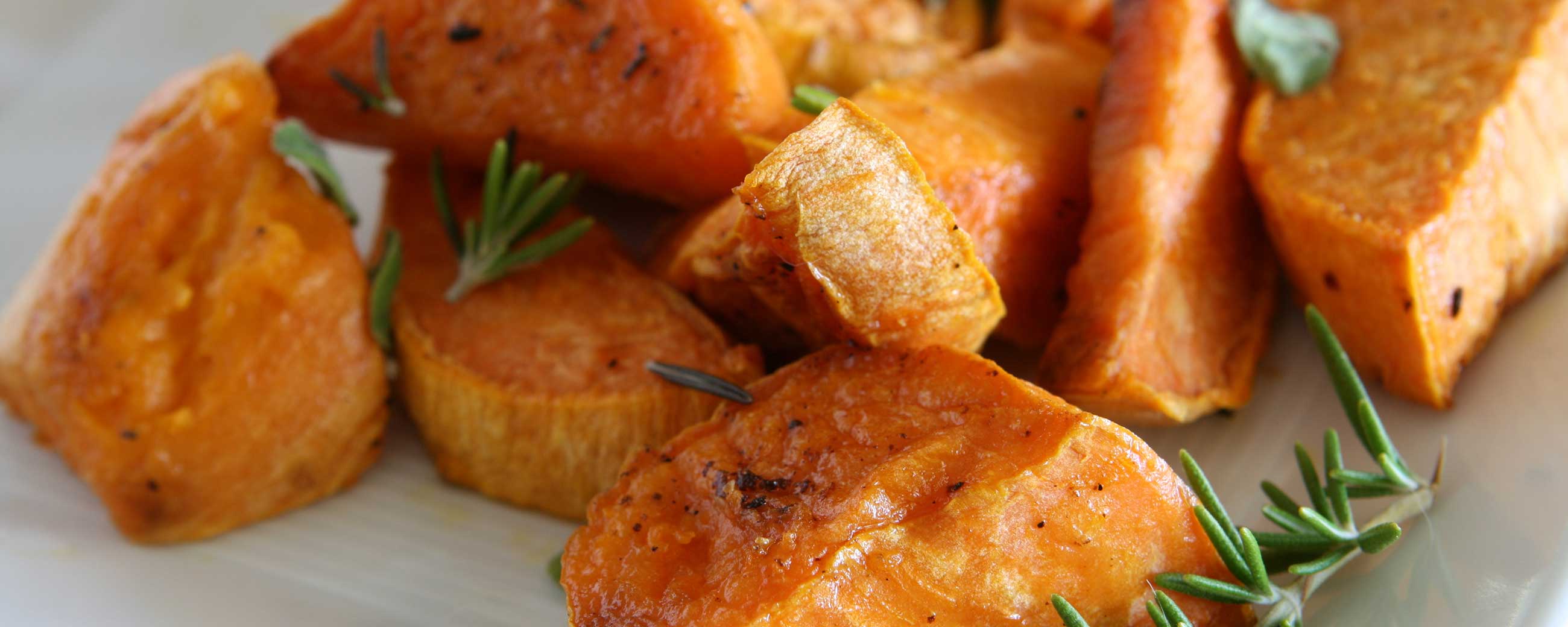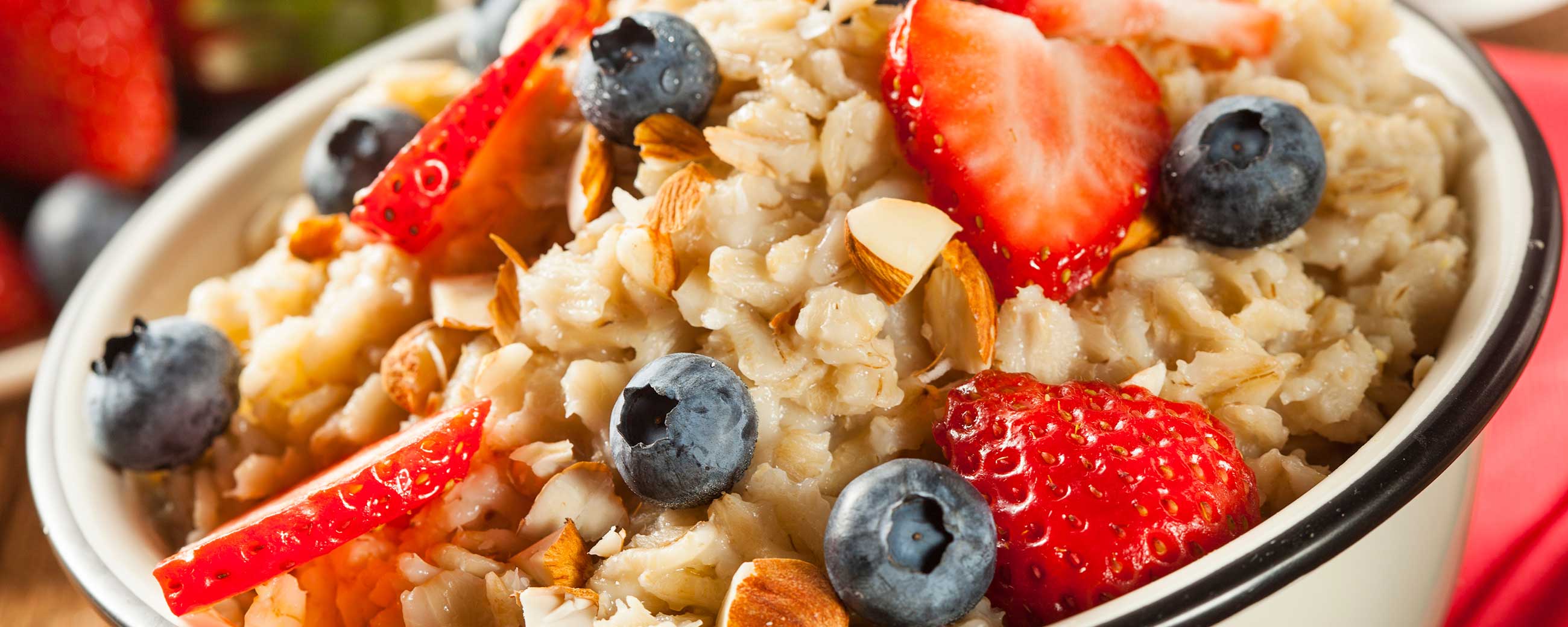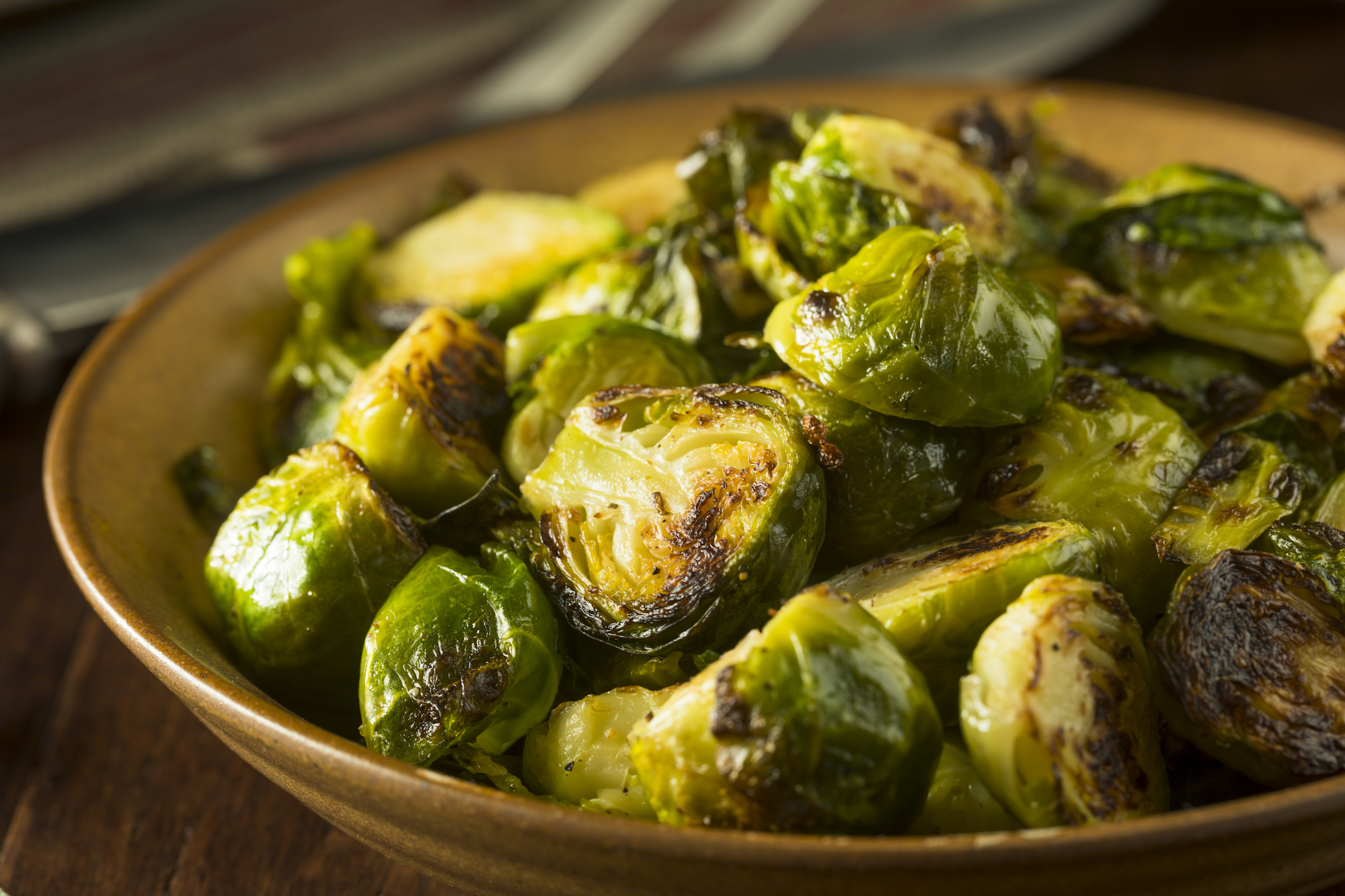
How to Eat Low Carb as a Vegan or Vegetarian

Ketogenic and plant-based diets are by no means incompatible. There are plenty of environmental, ethical, and religious reasons that people choose to not eat meat or reduce their meat consumption. A low carb approach can still work for those who avoid meat because a ketogenic diet only requires moderate protein intake. You can enter and remain in nutritional ketosis without increasing the amount of animal products you may currently eat. Your protein needs can be met with vegetarian or vegan sources, and your fat needs can easily be met with plant-based sources like olive oil.
*Because nutritional ketosis can lead to rapid decreases in blood sugar and blood pressure, Virta strongly recommends getting medical supervision before making any dietary changes if you are on medications for blood sugar or blood pressure. A physician can help you safely reduce your medications so that they don’t drive your blood sugar or blood pressure too low. Hypoglycemic (low blood sugar) and hypotensive (low blood pressure) episodes can be very dangerous.
Mineral and vitamin considerations
We recommend that you take a multivitamin if you are doing a plant-based ketogenic diet, as well as an omega-3 supplement like flaxseed oil. The vitamins and minerals you should ensure to get enough of are B12, omega 3, magnesium, potassium, and of course sodium.
Vegetarian and vegan protein sources
If you’re vegetarian or vegan and doing low carb, your protein sources can be: *Items that are vegetarian but not vegan are starred.
- Eggs*
- Dairy*—cheese, unsweetened yogurt, heavy cream, cottage cheese, etc.
- Lower carb tofu, seitan, and tempeh (more on this below)
- Lower carb meat substitutes
- Protein powders—be careful as these often are high in carbohydrate and many also are high in sugar alcohols.
- Nuts, nut butters and seeds, although they cannot be your primary source of protein because they contain carbs
- Nut-based vegan cheese and yogurts like Miyoko’s Kitchen vegan nut cheeses
- Chia seeds, flax seeds, and hemp hearts
A note about beans and lentils: Beans and lentils contain protein, but they also are high in carbohydrate content. Depending on your personal carbohydrate tolerance, you may be able to introduce some beans and lentils into your diet once you have adapted to nutritional ketosis and gained better blood glucose control. It’s best to keep your carbohydrate intake very low until your body adapts to ketosis, and then you can later experiment with adding foods like berries and a small amount of lentils or beans into your diet and tracking your blood sugar response to find your personal carbohydrate tolerance.
Dr. Stephen Phinney on plant-based low carb protein sources
We’ll go into detail on product recommendations below.
Tofu, Seitan and Tempeh
Tofu has roughly 1-2 grams of carbs per ounce. If you’re having trouble getting enough protein, we recommend buying a higher-protein variety such as the Wildwood brand. Tempeh is slightly higher-carb.Tempeh, seitan and tofu are high-protein alternatives to meat that can be incorporated into your daily meals. Make sure to track your blood glucose/ketone response with these foods to ensure you’re staying under your personal carbohydrate tolerance.

Vegan and vegetarian meat alternatives
These days, there are plenty of high-protein meat substitutes available at grocery stores, and new varieties are popping up regularly. Some major brands include Beyond Meat, Gardein, Tofurkey, Impossible Foods and Quorn. Check the nutrition label on each of the products to ensure they are truly low carb. Here are a few items with 8 grams of carbs or fewer per serving:
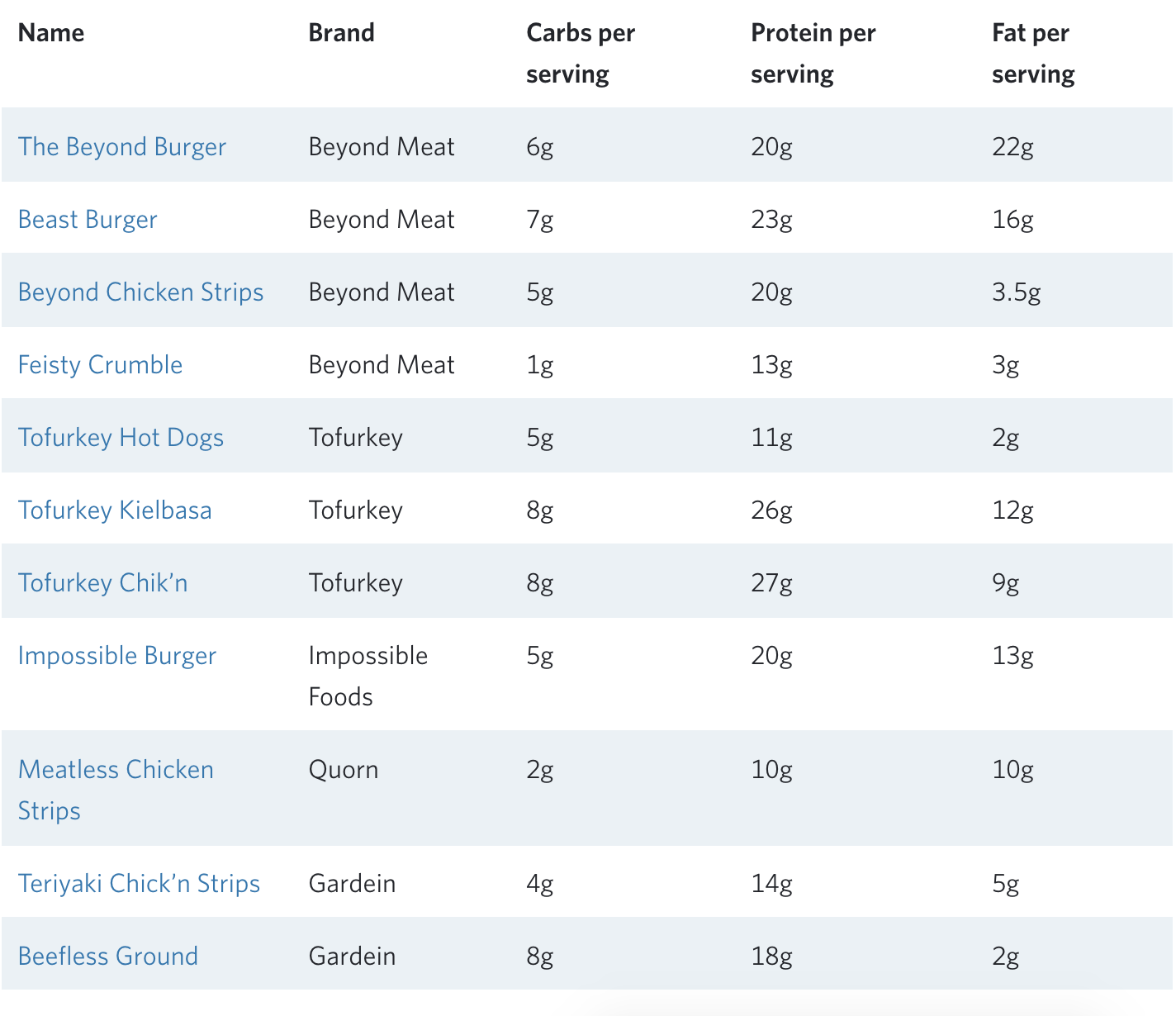
Protein powders
There are many low-carb, sugar-free protein powder options you can use to supplement your diet. *Items that are vegetarian but not vegan are starred.
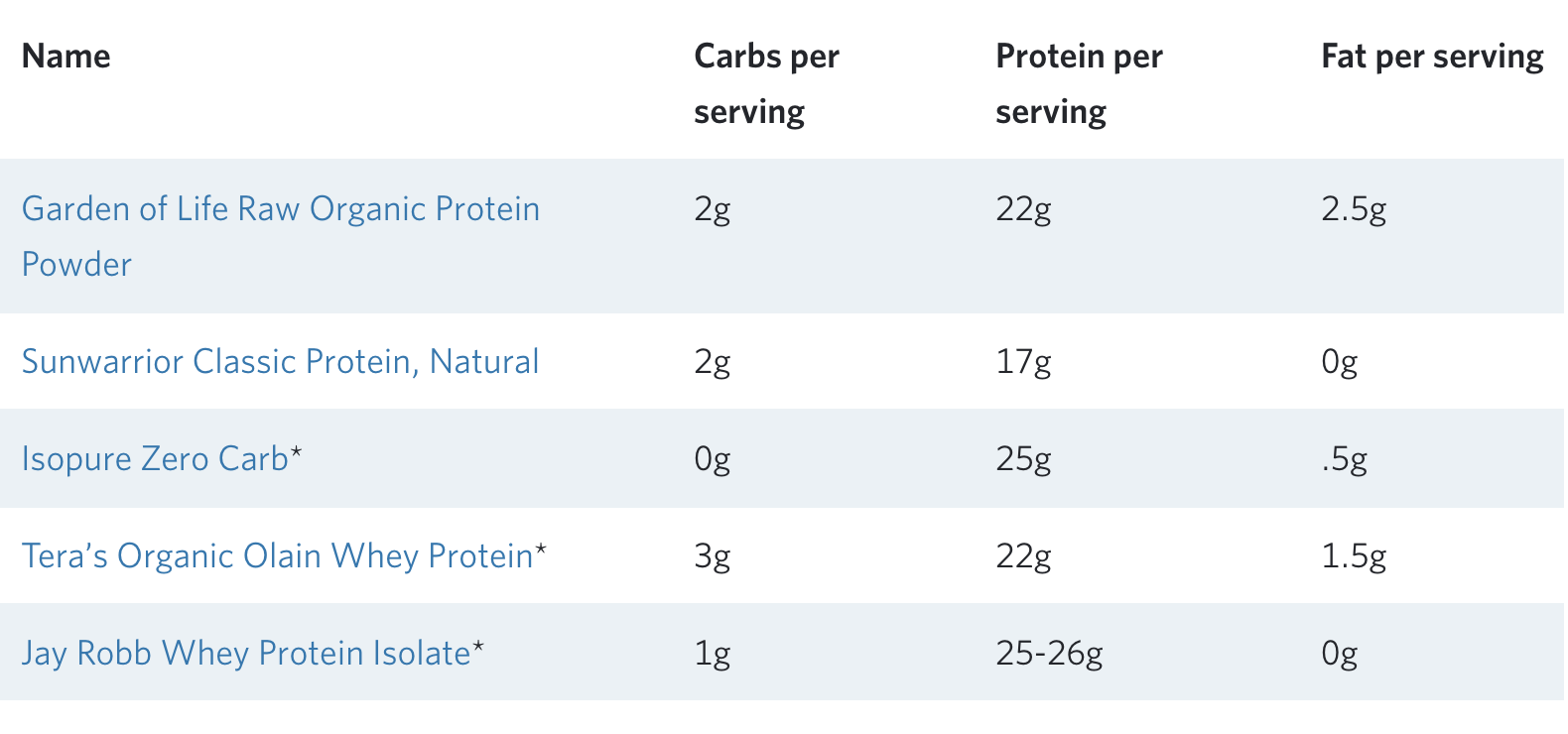
Vegan fat sources
Remember to avoid all trans fats and to focus on monounsaturated and saturated fats (i.e. limit polyunsaturated fats). Read more on fat here. There are plenty of vegan and vegetarian oils and fats you can incorporate into your meals. You can have:
- Olive oil
- Vegan butter—you can even make your own (nutritional yeast contains about 5 grams of carbs per quarter cup)
- Coconut oil
- Avocado oil
- Canola oil
- High oleic safflower oil
- Coconut milk
- Coconut cream (also makes a great coffee creamer)
- Coconut butter
If you’d like some ready-made dressings, spreads and butters, here are a few low carb options:
- Earth Balance Olive oil dressing and sandwich spread
- Earth Balance buttery spreads
- Earth Balance baking sticks
- Follow Your Heart High Omega Vegan Ranch
- Follow Your Heart High Omega Vegan Bleu Cheese
- Follow Your Heart Veganaise mayo (original or soy free)
- Follow Your Heart Pesto
- Follow Your Heart Chipotle sauce
- Follow Your Heart Roasted garlic sauce
Eating out
Eating out with multiple dietary restrictions can be difficult. Some of the easiest restaurants for keto vegan or vegetarian food tend to be salad restaurants, Thai places, and Indian restaurants. Make sure to ask about hidden sugars or carbs in sauces and dressings to ensure these dishes are truly low carb. Vegetarians can have creamy paneer dishes at Indian restaurants, and vegetarians and vegans alike can enjoy coconutty Thai curries with tofu and vegetables, rich Indian vegetable dishes like eggplant curries, or a spicy Tom Kha soup. Just make sure to skip the rice and bread!
Vegetarian and vegan recipes
Download our vegan and vegetarian recipe book below to get delicious plant-based recipes for breakfast, lunch, dinner and dessert.
Some other recipes we like include:
Items that are vegetarian but not vegan are starred. *
Breakfast:
Lunch or Dinner:
Snacks:
Celery and almond butter
Sliced avocado drizzled with olive oil
Vegetables dipped in guacamole
Roasted seeds or nuts
Kale chips
Have a question we haven't answered here? Check out our Nutritional Ketosis FAQ.
This blog is intended for informational purposes only and is not meant to be a substitute for professional medical advice, diagnosis, or treatment. Always seek the advice of your physician or other qualified health provider with any questions you may have regarding a medical condition or any advice relating to your health. View full disclaimer
Are you living with type 2 diabetes, prediabetes, or unwanted weight?







